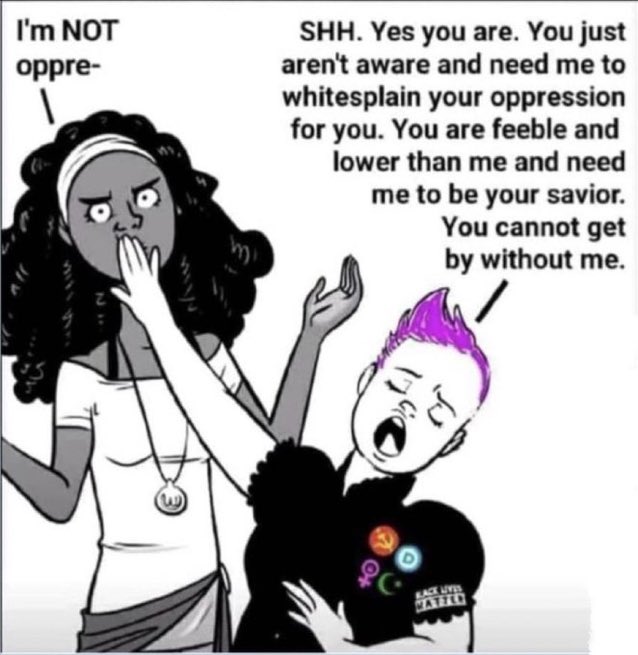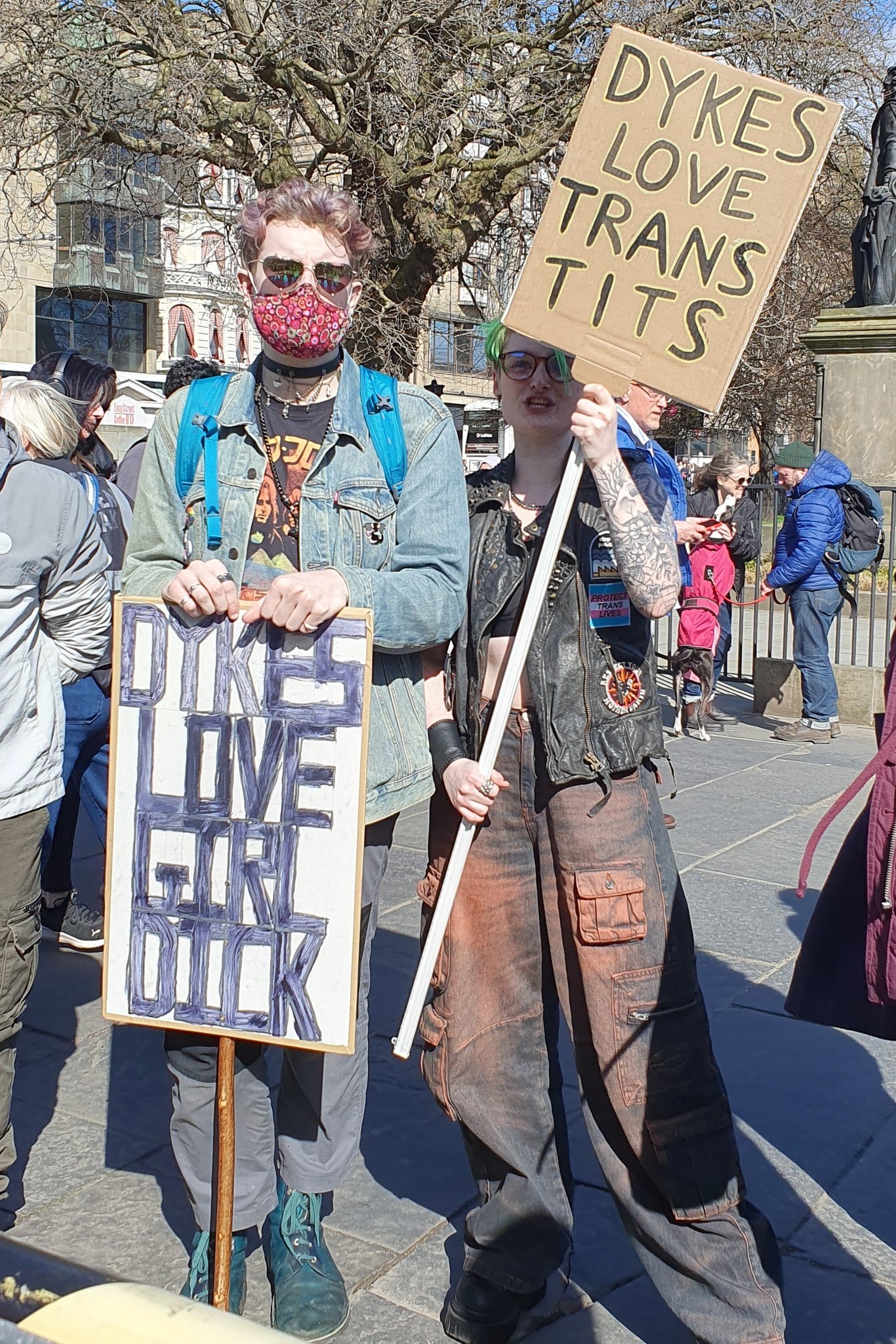Democrat-ing too hard seems to have broken Boeing.
by Christopher F. Rufo -
Boeing is—or was—a great company. From its manufacturing plants in Seattle, it produced the world’s most reliable, efficient aircraft. But after merging with McDonnell Douglas, shifting production around the world, and moving its headquarters to Chicago and then Arlington, Virginia, the Boeing Company has been adrift.
Then, in October 2018, one of Boeing’s new 737 MAX aircraft crashed. Then, a few months later, another. Recent months have seen embarrassing maintenance failures, including a door plug that blew off an Alaska Airlines plane in mid-flight.
To help explain what went wrong, I have been speaking with a Boeing insider who has direct knowledge of the company’s leadership decisions. He tells a story of elite dysfunction, financial abstraction, and a DEI bureaucracy that has poisoned the culture, creating a sense of profound alienation between the people who occupy the executive suite and those who build the airplanes.
This interview has been edited for length and clarity.
Christopher Rufo: I am hoping you can set the stage. In general terms, what is happening at Boeing?
Insider: At its core, we have a marginalization of the people who build stuff, the people who really work on these planes.
Following the second 737 MAX crash in 2019, then-CEO Dennis Muilenburg defended the company in front of Congress and the public, he defended the engineering, defended the work—and showed he was willing to protect and support the workforce, but it caused the board and the public fear, which bought in a sweeping set of changes that caused huge turnover in talent.
So, right now, we have an executive council running the company that is nearly all outsiders. The CEO is a General Electric guy, as is the CFO he brought in. And we had a completely new HR leader, with no background at Boeing. There are now no engineers as part of the core team. The head of our commercial business in Seattle who was recently fired was the only engineer in the executive council.
The headquarters in Arlington is empty. Nobody lives there. It is an empty executive suite. The CEO lives in New Hampshire. The CFO lives in Connecticut. The heads of HR and communications live in Orlando. We just instituted a policy that everyone has to come into work five days a week—except the executive council, which can use the private jets to travel to meetings. And that is the story: it is a company that is under caretakers. It is not under owners. And it is not under people who love airplanes.
In this business, the workforce knows if you love the thing you are building, or if it is just another set of assets. At some point, you cannot recover with process what you have lost with love. And I think that is probably the most real story of them all. There is no visible center of the company and people are wondering what they are connected to.
Rufo: If they have lost the love of building airplanes, what is the love, if any, that they bring to the job?
Insider: Status games rule every boardroom in the country. The DEI narrative is a very real thing, and, at Boeing, DEI got tied to the status game. It is the thing you embrace if you want to get ahead. It became a means to power.
DEI is like the drop you put in the bucket and the whole bucket changes. It is anti-excellence, because it is ill-defined, became part of the culture, and became tied to compensation. Every HR email contains: “Inclusion makes us better.” We all know they don’t mean including the guy who brings his Bible to work. And this kind of politicization of HR is a real problem in all companies.
If you look at the bumper stickers at the factories in Renton or Everett, it is a lot of conservative people who like building things—and conservative people do not like politics at work.
The radicalization of HR does not hurt tech businesses like it hurts manufacturing businesses. At Google, they are making a large profit margin and pursuing very progressive hiring policies. And because they are paying 30 or 40 percent more in salary, they are able to get the top 5 percent of whatever racial group they want. They can afford, in a sense, to pay the DEI tax and still find top people.
But this can be catastrophic in lower margin, or legacy, companies. You are playing musical chairs at the end of the dance. And if you try to do the same things that Google is doing, you are going to end up with the bottom 20 percent of the preferred population.
Rufo: What else does the public not understand about what is happening at Boeing?
Insider: Boeing is just a symptom of a much bigger problem: the failure of our elites. The purpose of the company is now “broad stakeholder value,” including DEI and ESG. This was then embraced as means to power, which further separated the workforce from the company—and it is ripping apart society.
Boeing is the most visible example, because every problem—a bolt that falls off—gets amplified. But this is happening everywhere around us, and it is going to have a huge effect. DEI and ESG became a way to stop talking honestly to employees.
We need to tear the veil of all this coded language that is being used everywhere and we need to have our elites recover some sense of service to people. They think they have it, because they are embracing these shibboleths of moral virtue: “I am serving because I am repeating what everyone else is saying about DEI.” It is a form of cheap love that is been embraced by leaders. If you pay the tax to the DEI gods or the ESG gods, and use coded language with your workforce, it solves you of the hard work of really leading.
No. Service means you are spending the extra time to understand what is really happening in the factory and in your supply chain. There should be some honor, in understanding that we inherited something beautiful and good and worth loving.




















